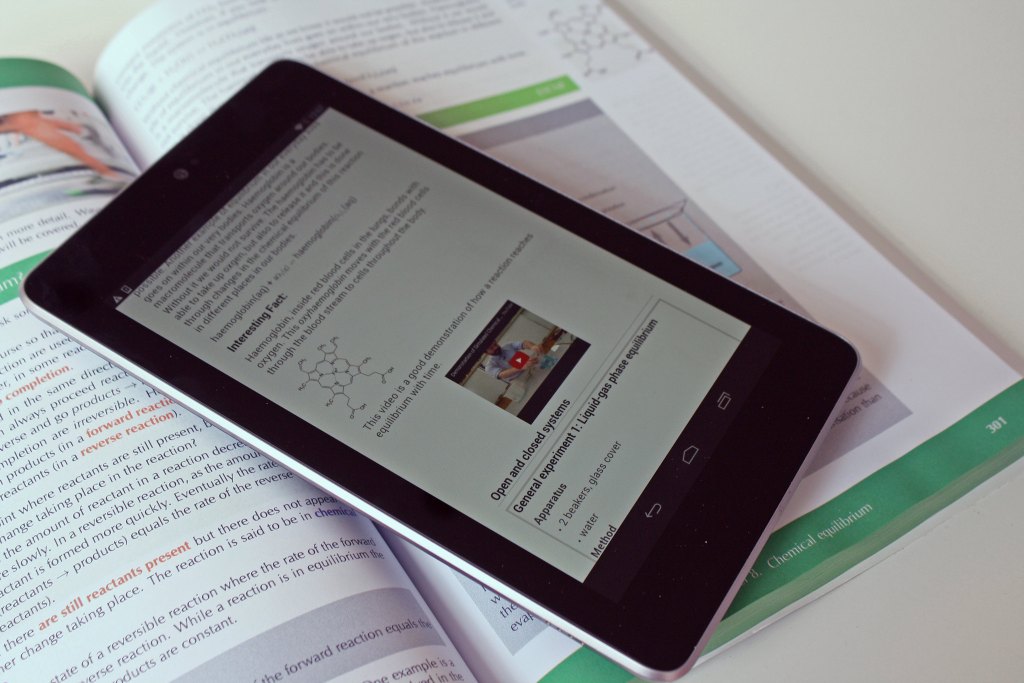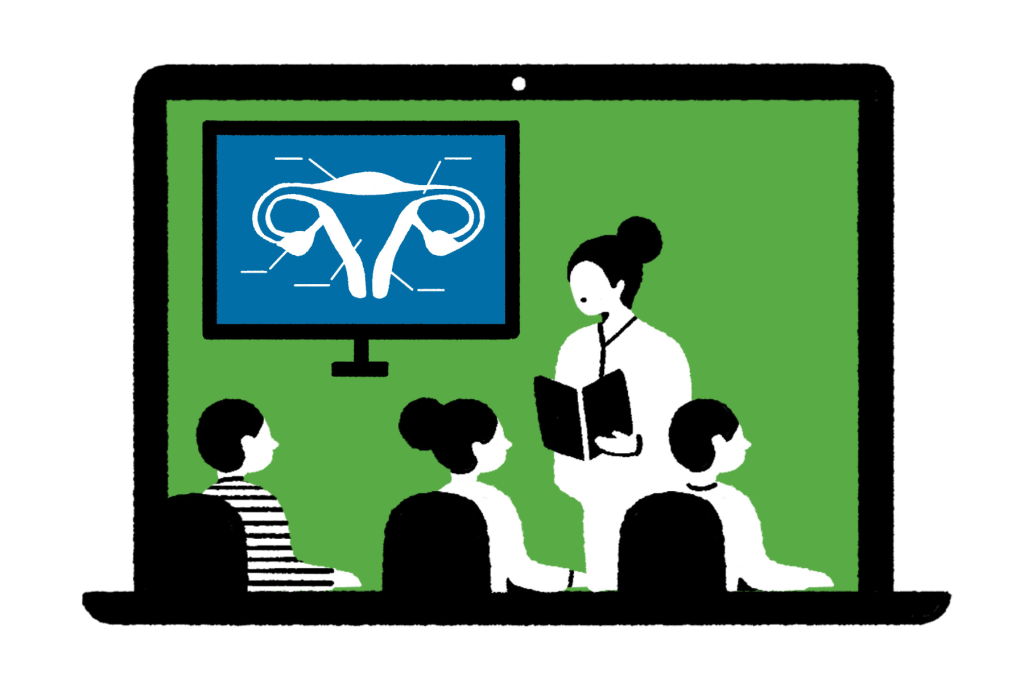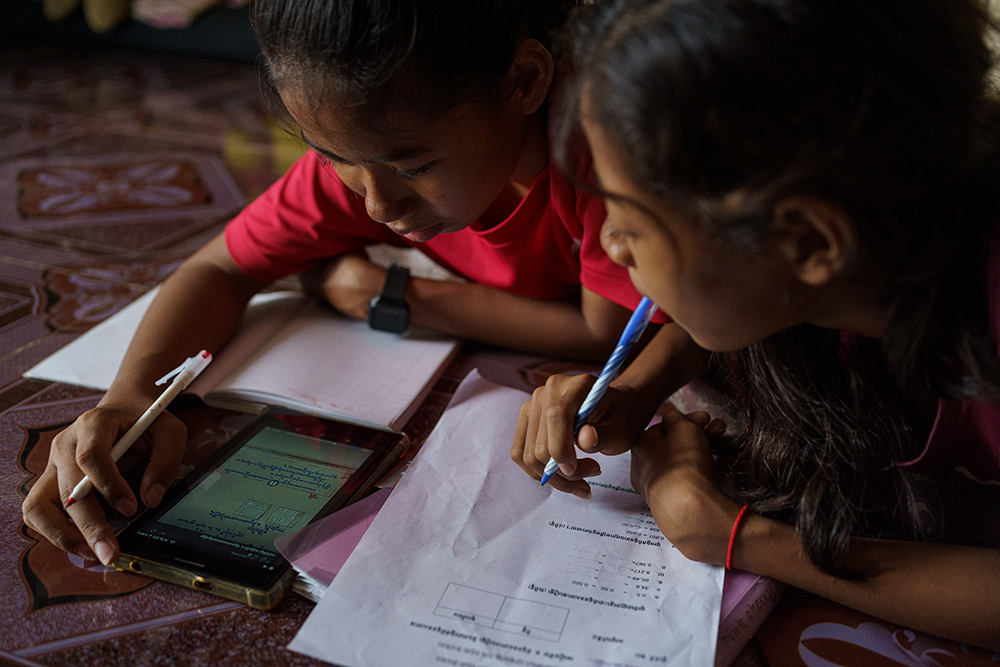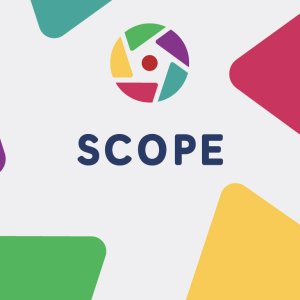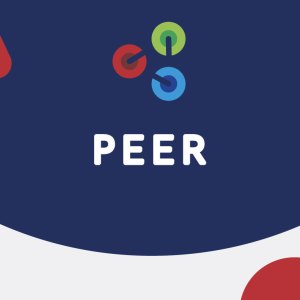By Dr Sofia Ali, Assistant Professor, School of Education, Fiji National University, Fiji
Vinaka vakalevu! Fiji, an archipelago nestled in the vast expanse of the South Pacific Ocean, is embarking on a transformative journey into the realm of digital education. Situated in Melanesia, Oceania, northeast of New Zealand and southwest of Hawaii, this island nation, comprising over 330 islands, with approximately 110 permanently inhabited and countless islets, presents unique challenges and opportunities for digital integration. The two major islands, Viti Levu, home to the capital Suva, and Vanua Levu, alongside the outlying region of Rotuma, form the heart of this diverse nation.
The digital revolution is reshaping the world and Fiji is actively integrating digital education into its national policies. This isn’t merely a trend; it’s a crucial step towards equipping Fijian students with the essential skills needed to flourish in the 21st century. Given the dispersed nature of Fiji’s islands, digital education offers a powerful tool to connect communities and bridge geographical gaps. But because Fiji has varied coastal, mountain and reef geography, digital education has to adapt.
Building a strong foundation: Beyond basic computer skills
Fiji’s digital education strategy is committed to develop a robust foundation in digital literacy. This extends far beyond teaching rudimentary computer skills. It involves nurturing responsible digital citizenship, emphasizing ethical considerations and embedding safety protocols in the curriculum. By instilling these principles, Fiji ensures that students comprehend the consequences of their digital actions. This foundational approach establishes a secure and productive learning environment, empowering students to navigate the digital world with confidence and integrity. The importance of this foundation is amplified in a country where online access is rapidly expanding, ensuring that students are prepared for the digital world.
Expanding horizons: Embracing emerging technologies for future readiness
While foundational skills are paramount, the rapid evolution of technology demands a broader, more forward-thinking perspective. Nations like Australia and New Zealand are already proactively incorporating technology into their educational frameworks, prioritizing employability and workforce readiness.
To remain competitive and relevant in the global arena, Fiji must expand its curriculum to encompass critical areas such as cybersecurity, data privacy and artificial intelligence to equip students with the necessary skills to navigate the complexities and risks of a hyper-connected world, preparing them for the evolving demands of the global job market. This is especially important in a nation with a growing tourism and service sector, where digital skills are increasingly valuable.
Bridging the digital divide: Ensuring equitable access for all students
One of the most significant challenges facing Fiji’s digital education journey is ensuring equitable access to digital resources. Initiatives like the One Laptop per Child (OLPC) program and digital literacy workshops have made valuable contributions, but disparities persist, particularly between urban and rural or remote communities. Reliable internet infrastructure and affordable digital devices are essential for leveling the playing field. The government, in collaboration with telecommunication companies, must prioritize expanding subsidized internet access and device distribution to foster a truly equitable digital learning environment. The vast ocean and numerous islands present unique logistical challenges, requiring innovative connectivity solutions.
Technology in learning: Leveraging online platforms for enhanced educational outcomes
Educational institutions like the University of the South Pacific and the Fiji National University are leading the way in integrating multimodal teaching methods. The adoption of online platforms such as Moodle, Zoom, Google Chat, Seesaw and Microsoft Teams has transformed the learning experience, offering flexibility, accessibility, and enhanced engagement. During the COVID-19 pandemic, these platforms proved indispensable, enabling continuous learning even in the most remote areas.
Government-backed digital education policies should also emphasize the creation of local content that reflects Fiji’s unique cultural and linguistic diversity, ensuring that digital learning materials are relevant and engaging for all students. Hybrid learning models that combine print materials, digital resources, and face-to-face teaching offer a flexible and scalable solution.
Empowering educators: Investing in continuous professional development
Teachers are the cornerstone of any successful education system. Fiji has implemented ICT competency standards, providing a framework for integrating digital tools into teaching practices. However, ongoing professional development is essential to keep educators abreast of evolving technologies and pedagogical methods. Bridging the gap between urban and rural teachers is crucial. Regionally based training hubs and mobile digital training units can help deliver equitable professional development opportunities, ensuring that all teachers are equipped to deliver high-quality digital education. Investment in teacher training is vital for maximizing the impact of digital education initiatives, particularly in remote islands where resources are limited.
Ensuring sustainability: Building long-term strategies for success
Sustainability is a significant challenge in digital education. Many initiatives rely on donor funding, which may not be viable in the long run. Fiji must develop self-sustaining models through local government initiatives, community participation, and private-sector partnerships. The Digital Fiji program is a step in the right direction, but sustained investment is needed to ensure long-term success. Hybrid learning models, combining online and offline resources, offer a flexible and scalable approach. Community involvement is also vital, with village-based digital literacy programs and school-community partnerships playing a crucial role in bridging the digital divide and fostering a sense of ownership.
Harnessing technology: Connecting and informing communities for enhanced collaboration
Mobile technology and social media are powerful tools for enhancing communication and collaboration between institutions, teachers, students and parents. To further enhance ICT integration, Fiji must focus on regional connectivity projects, such as expanding undersea cable connections and strengthening mobile network coverage in the outer islands.
The Fiji Education Management Information System provides valuable data for informed decision-making, enabling the Ministry of Education to allocate resources effectively and track student performance. It also plays a critical role in streamlining administrative processes and providing valuable data for informed decision-making.
The road ahead: A collective call to action for a brighter future
Fiji has made commendable progress in digital education, but sustained investment in infrastructure, teacher training, and funding strategies is essential to ensure that all students benefit from technology-driven learning. By aligning with the four priority themes of the Pacific Regional Education Framework – quality, learning pathways, student outcomes, and the teaching profession – we can build a resilient and sustainable education system. This journey requires a collective effort. Policymakers, educators and communities must work together to make digital education a reality for all.
Let’s unite to connect our islands, empower our students and build a brighter digital future for Fiji. Vinaka Vakalevu for your unwavering commitment to this vital cause. Let’s continue this conversation and work together to make a lasting impact.
Read the 2024 Pacific regional GEM Report on technology in education

